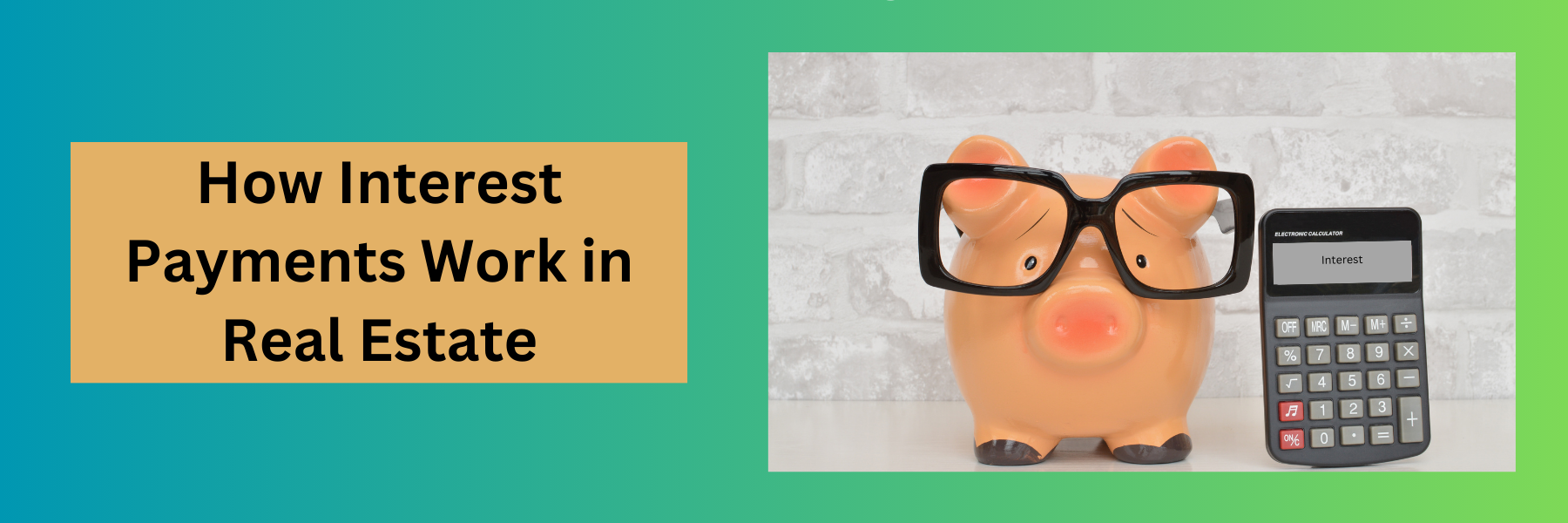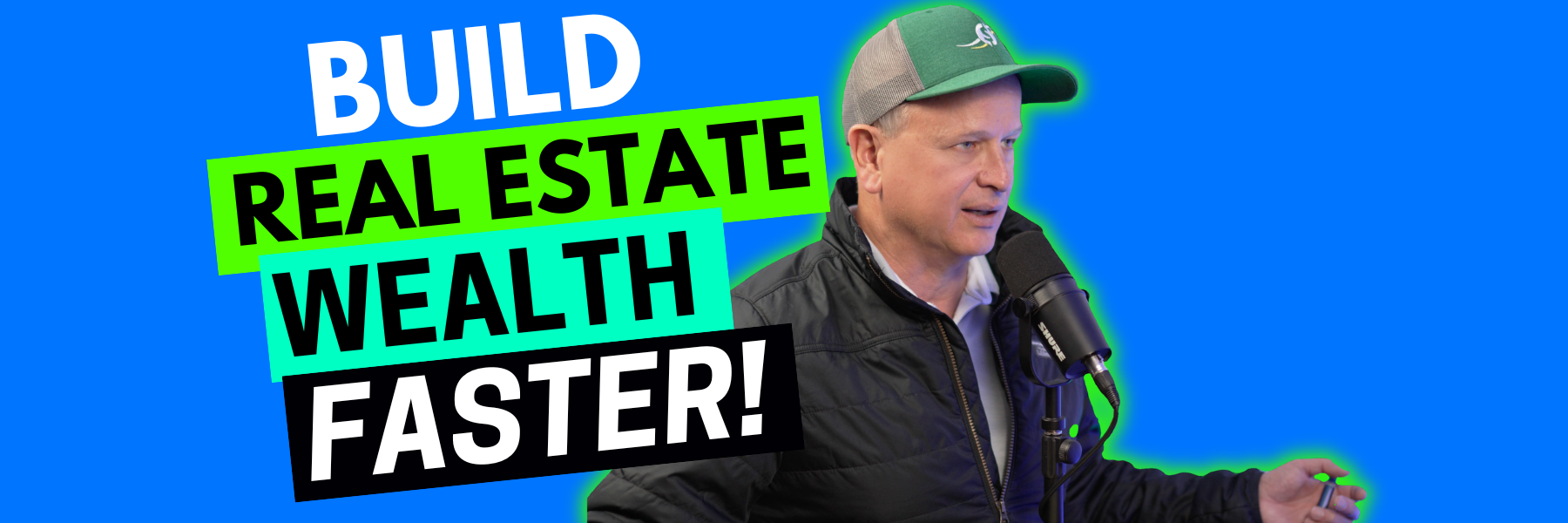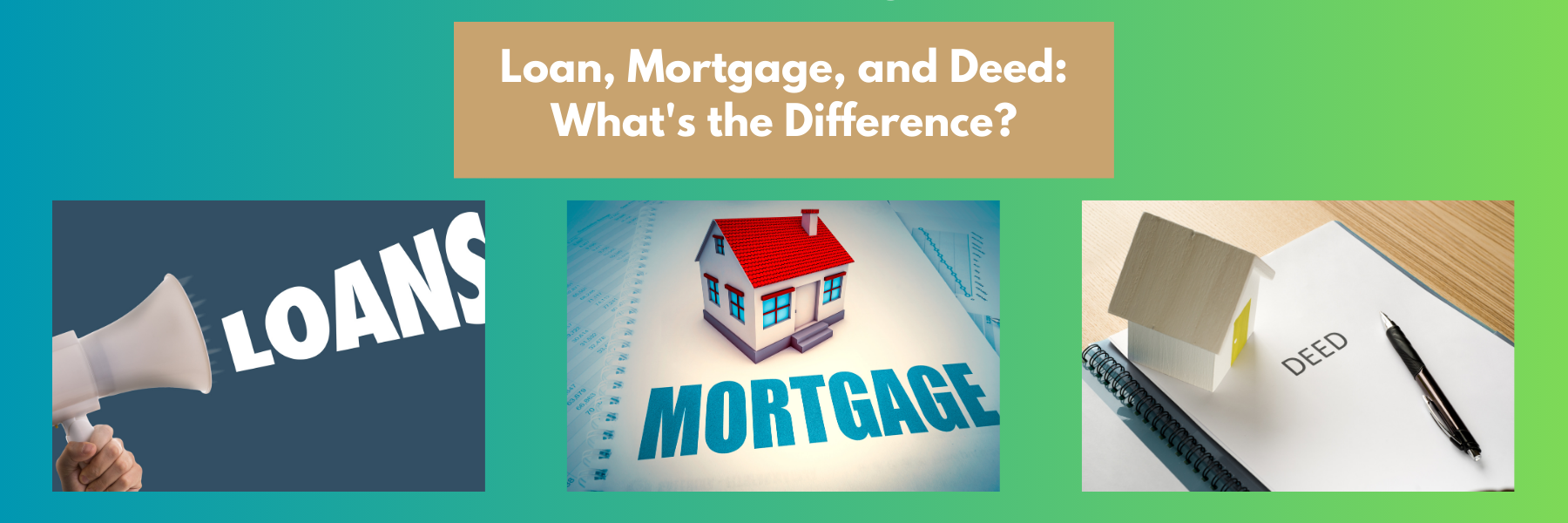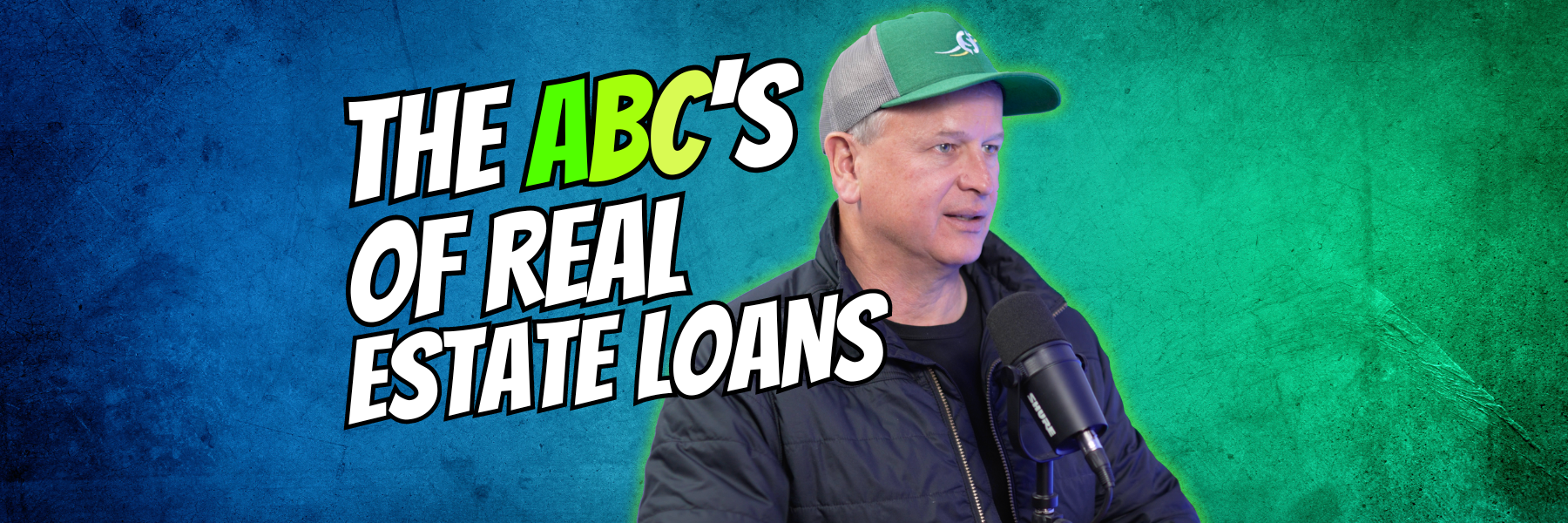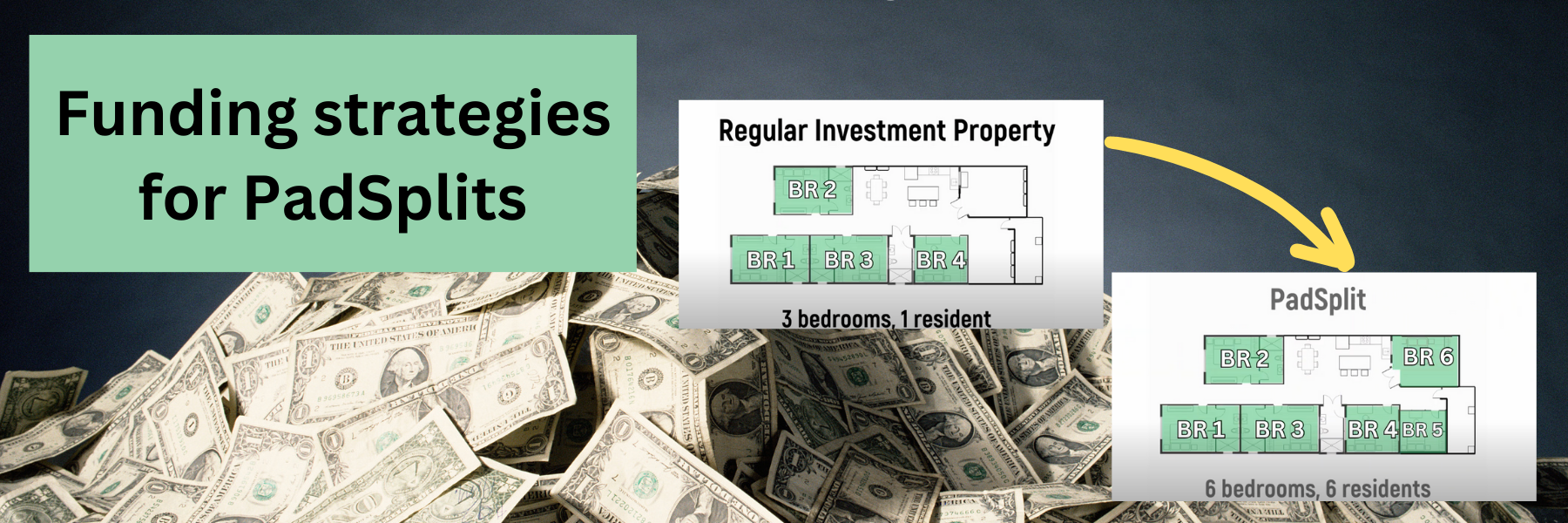Facts About Real Estate Loans Every Investor Should Know
Today we are going to discuss some facts about real estate loans and what every investor should know before diving in. Don’t run the risk of missing deals and missing transactions! There are a lot of moving parts that you need to take into consideration. This includes working with a mortgage broker and banker, as well as understanding what a loan is and what you owe. Here at The Cash Flow Company we like to go through the process to ensure that you have the leverage you need to be successful. Remember, leverage is king in real estate, you need money to make money! Where do you start? Let’s take a closer look.
Basics of a loan:
A loan agreement is simply someone borrowing money from another person and the agreement between them. Some examples are a promissory note and credit cards. To clarify, credit cards are an unsecured loan because there is no collateral. Unsecured loans are often available at higher rates than secured loans. Whether it is secured or unsecured, a loan agreement states how the money will be paid back, as well as the terms.
People have either a mortgage or a deed, depending on the state. This secures the loan, by putting a lien on a property, and in turn gives the lender rights to the property. The documentation then goes on record with the county and shows that the property has a lien on it. To put it another way, the mortgage or deed provides the collateral for the loan.
How does interest work?
In regards to mortgages, the biggest question is when is the interest paid when you make a payment? During closing the lender will be asking for a certain amount of interest that is collected arrears. For example, when you are making a July 1st payment, you are paying the interest for the month of June. Whether it’s amortized or interest only, lenders will collect the interest after it’s due. To clarify, the interest payment is arrears while the payment on the property is in advance.
Interest only loans.
Interest only loans include short term loans, bridge loans, as well as fix and flip loans. When you make a payment, it will only apply to the interest of the loan. For example, if you have an interest only loan, you will only be paying the interest for the previous month. Your payment does not apply to the loan amount itself. Many chose this option so that they have more cash flow going into the business and less going toward the principal. Remember, cash is king in real estate!
DSCR and 30 year loans.
When you make your monthly payment, you will not only pay the interest for the previous month, but you will also pay a little towards the principal as well.
What to expect during closing.
When you go to closing they will give you a settlement statement. It will list all of the charges that come with purchasing a property. The charges will include the real estate, title, lending, down payment, as well as any additional expenses. For example, on a $100K loan, you will need to bring $20K, plus any additional money that is needed to close the transaction. Don’t run the risk of being surprised at closing! Get the numbers upfront and make sure that you understand everything a few days beforehand. Here at The Cash Flow Company our main goal is to make things as easy as possible by focusing on the human to human aspect. Is there a property that you are interested in and want to run the numbers? Contact us today to see if it is a good investment for you!
What happens when the lien process is ending?
In looking at a fix and flip property, loans are typically a short term loan that is a 6 to 9 month term. A lien is placed on the property as collateral for the loan. Once the property is ready to sell, the investor will go to the title company for closing. The title company ensures that both parties get what they want and that all paperwork is complete. This third property reaches out to us as a lender and requests a payoff. After the lender is paid off, the title company will then make sure that the lien is released and ownership is transferred to the new buyer.
What is a cross-lien?
A cross-lien is when you use a loan, but have to lien two properties because there is not enough equity in one property alone. Just to clarify, you can have a loan with two mortgages or two deeds attached to get enough collateral for the loan you need. The liens on both properties are released by the title company once the loan is paid in full.
We are here to help!
Here at The Cash Flow Company we want to make sure that you have everything you need to be successful. By further understanding the lending process, you will save both time and money! It is important that you feel comfortable with this process so you can do more deals, and make more money! Contact us today to find more Facts About Real Estate Loans Every Investor Should Know.
Watch our most recent video to learn more about: Facts About Real Estate Loans Every Investor Should Know

